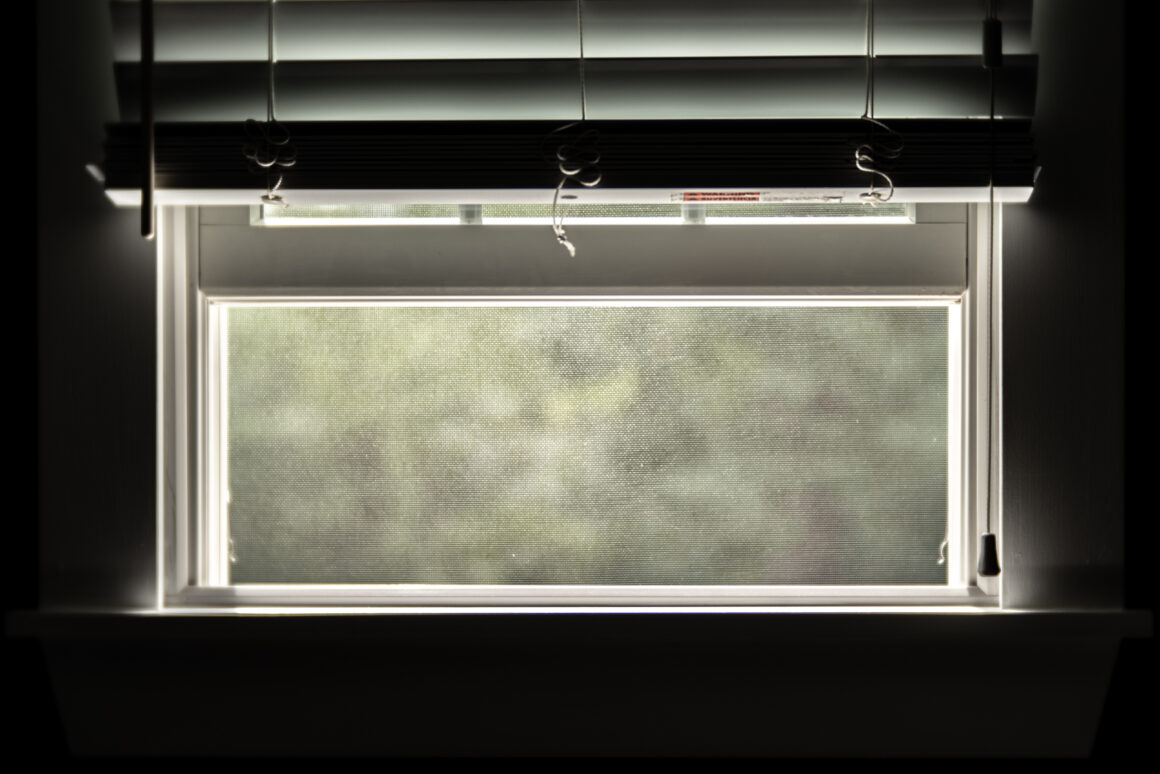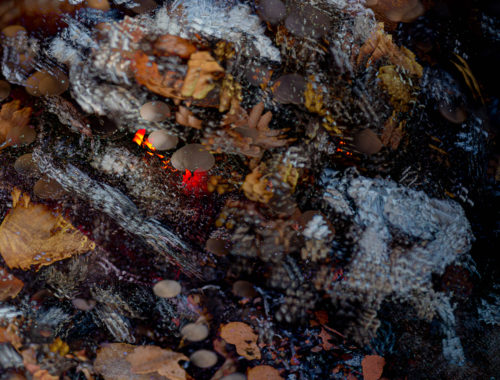
When Clarity is Needed
In The Power and the Glory, considered by many to be Graham Greene’s masterpiece, the whisky priest is on the run in Tabasco, a state in Mexico where Catholicism was outlawed in the 1930s. Priests are being rounded up and given the choice to renounce their vocation and get married or face the firing squad. The whisky priest, who is never given a name, not only has a drinking problem, he has a daughter. About eight years previously (I believe), in a moment of weakness, he had sex with his housekeeper, and she got pregnant.
The novel follows the priest through the towns, villages, jungles, and mountains of Tabasco, as he slowly wends his way towards freedom in a neighboring state, all the while being hunted by the chief of police, landing in jail but getting released, scrounging for food, hearing confessions, and trying to acquire a bottle of brandy or wine so he can celebrate Mass for villagers desperate for the sacrament. Undoubtedly, his chances for escape would be better if he didn’t celebrate the Masses and hear the confessions, and Greene makes the reader wonder why the whisky priest does it. After all, the man is convinced that he is going to hell because he has broken his vow and never confessed this grievous sin.
I thought of this book today when Dennis asked me why I am trying so hard to communicate with people who seem inclined to kick me to the curb. My answer: like the whisky priest, I need to do my best, no matter how hopeless it seems. So I am taking some time, here and now, to try and clarify a thing or two.
First and foremost, I want to point out that God and religion are not the same. Religion is a system for dealing with/relating to God. When I wrote in Confession, “I’ll let you know that I am happy to slowly be building a relationship with God, instead of a relationship with an idea of God that took the form of The Catholic Church,” I was speaking solely for myself and my experience. As I had written in a post I linked to Confession, “For most of my life, I equated faith with the Catholic Church, and being a Christ follower was more about playing the Catholic game as well as possible: check all the boxes, follow all the rules, advance to the Pearly Gates. Where was God in all of this?” What I didn’t write was that, all those years I thought I was worshiping God, I was actually worshiping the Catholic Church. Finally understanding that was key to understanding myself, not anybody else, myself.
As I recently related to someone, it’s as if—my entire life—I have been wearing a pair of shoes that don’t fit, because they were not made for me. I’ve spent 55 years stuffing cotton in the shoes, putting Band-Aids on my heels, trying different socks, you name it. Nothing will make them fit, and it’s a relief (physically, emotionally, mentally) to finally accept that and take them off.
What I have long believed and continue to believe is that God infused into each and every soul a longing for Him. Monsignor Luigi Giussani calls it “The Religious Sense,” and his book of the same title is well worth reading. In fact, it’s one that I hope to reread soon. If you are so inclined, I recommend it, along with The Power and the Glory.
God created individuals, not groups of people. He gave those individuals free will because coerced faith or love is not really faith or love.
Finally, in my post titled “Out of Captivity,” I was not equating priests or the Church with my captors. The metaphor was meant to encompass all the ideas, people, institutions, systems, and propaganda that manipulated me for most of a lifetime.




